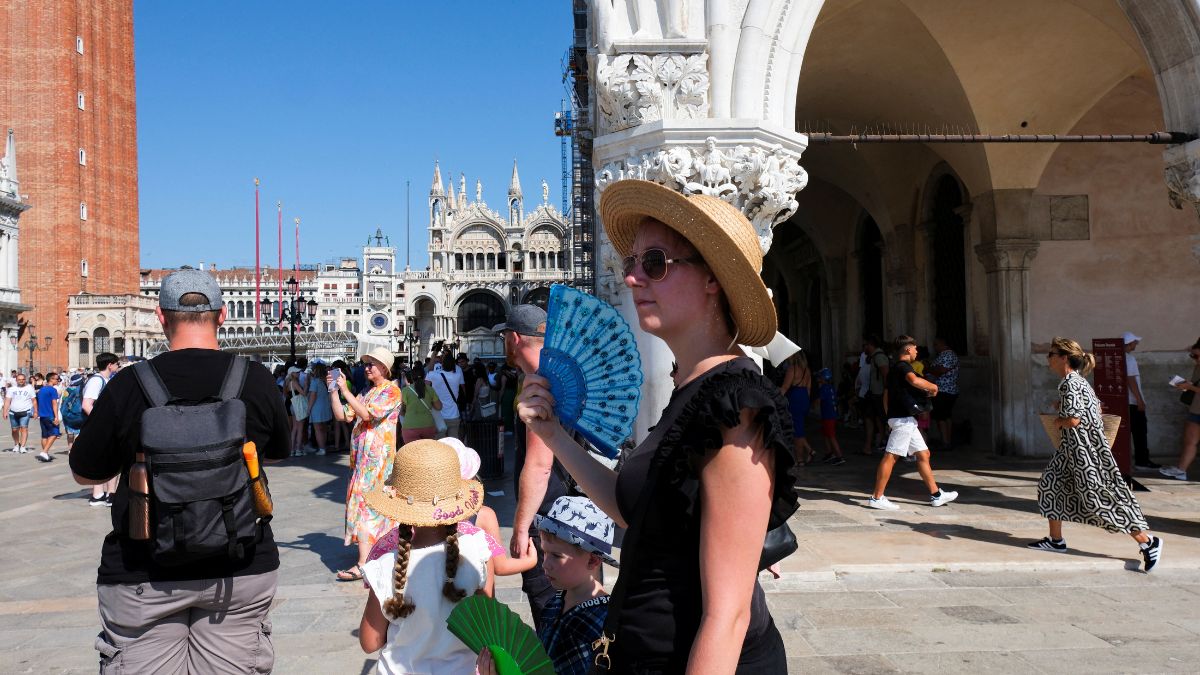Europe is witnessing an alarming rise in dengue and other mosquito-borne diseases. The European Union’s (EU) health agency has warned that an invasive mosquito species has spread in dozens of EU nations. The European Centre for Disease Prevention and Control (ECDC) said on Tuesday (11 June) that dengue infections have quickly surged across Europe, with some cases becoming severe.
Let’s take a closer look. What is dengue? Dengue is a viral infection spread to humans through the bite of infected mosquitoes. It has flu-like symptoms such as high fever, severe headache, nausea, vomiting, body aches and rash, as per the World Health Organisation (WHO).

Also known as “breakbone fever” due to the muscle and joint pains it can cause, the first symptoms of dengue occur after four to 10 days of the mosquito bite. It can turn fatal in some cases. According to the WHO, the disease is endemic in over 100 countries, with more than 60 lakh cases and 7,000 deaths reported last year.
Uptick in dengue cases in Europe Europe has reported multiple outbreaks of dengue in recent years. Last year, France saw 641 confirmed or probable cases of dengue. Several infections were also recorded in Italy and Spain.
As per the Stockholm-based ECDC, 130 locally-acquired infections of dengue were logged in the EU last year, compared to 71 in 2022, reported AFP. The health agency noticed this was a “significant increase” from the 2010-2021 period when only 73 cases came to light. However, most of t.























